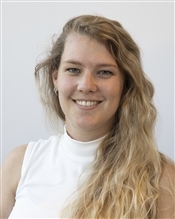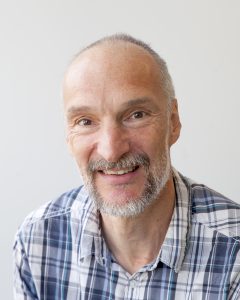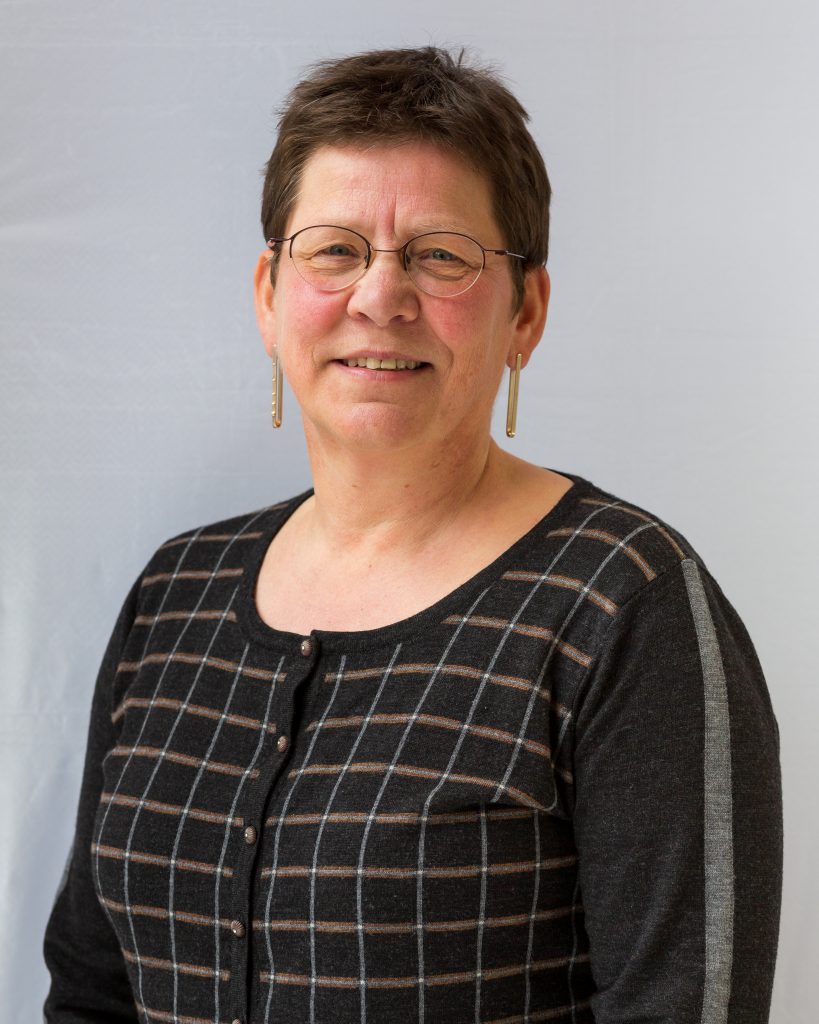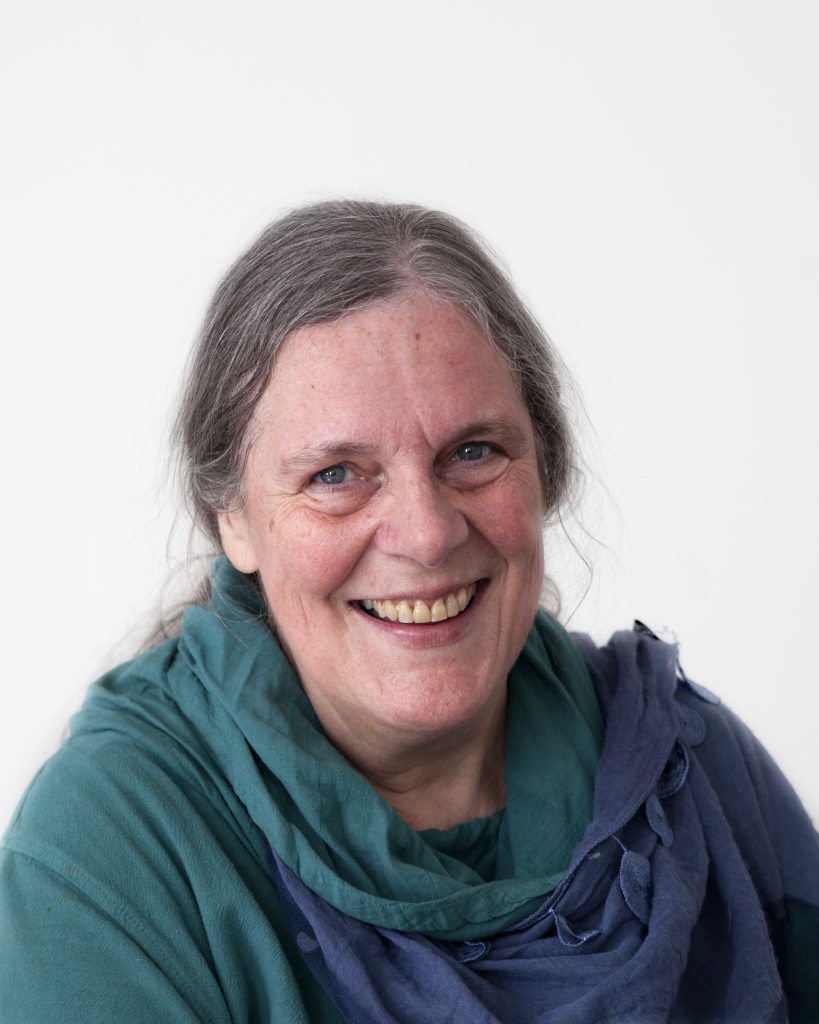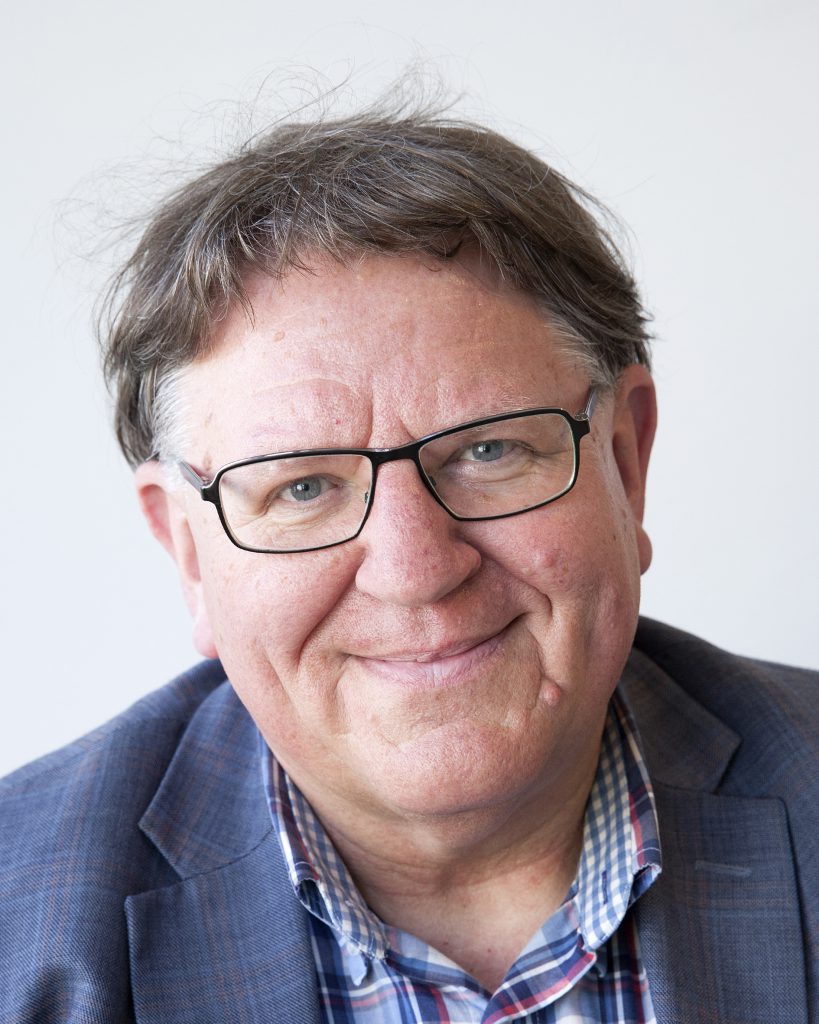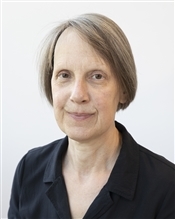VLAM, an acronym for Verenigde Lijst Academische Medezeggenschap (translated: United List of Academic Participation), is a broad representative party in the university council of Utrecht University. VLAM is not a “single issue”- or “target group”-party, but represents employees at all levels of the university: PhD students, temporary employees, permanent staff and support staff.
Since its establishment in 2006, VLAM has been a constructive, but also critical discussion partner of the Executive Board. VLAM has both nuanced and outspoken views, and likes to discuss these with the other parties in the University Council, the Executive Board, and its own followers.
VLAM bases itself on facts, not hypes in the media. This means that we conduct our own research into topics, inquire with policy departments and colleagues, and ask questions if things remain unclear. The combination of experienced and new councilors ensures a healthy mix of institutional memory and a fresh look at topics.
The results are in: thank you voters!
In elections for the personnel section of the University Council 2023-2025, thanks to you all (*) candidates of Lijst VLAM have been elected! They are:
- Gerhard Blab (Science)
- Eleni Braat (Humanities)
- Gert Folkers (Beta)
- Elvan Ibiçoglu (Social Sciences)
- Valéry Oude Groen – Van Rijswijk (OPB)
- Bernadette van de Rijt (Social Sciences)
- Frank van der Salm (REBO)
- Erwin van Sas (UCU)
- Natasha Snel (OBP)
Erna van Wilsem, who was a candidate for the special seat of Medicine and has joined Lijst VLAM in terms of content, will also be part of the new University Council.
(*) Just before the elections it was announced that Wim de Smidt (OBP), who was also a candidate on the list, will become the new independent president of the University Council. Congratulations Wim! Thank you for your commitment to VLAM over the past years, and good luck in this wonderful position.
The other two seats of the staff delegation in the council will be taken by Jan-Willem Langenbach (Beta) and Hao Zhang (Beta) of the Utrecht PhD Party.
Core principles
Constructive ánd critical
- We are trying to achieve concrete goals. That is why we opt for the constructive discussion with the board. Our insights and experiences bring a broader perspective to governance issues and therefore better decision-making.
- We follow the board critically. Thanks to our years of representation in the University Council, we have good dossier knowledge and we recognize trends and administrative patterns.
- For this dossier knowledge, we always seek the connection with the employee representatives in the faculty councils and the program committees: what information do we need from each other?
- To achieve goals, you also need strategy. Sometimes the open discussion does not take us any further. Then we use the formal rights and instruments of the employee participation to convince the board of our views.
Representing all levels of the organization
- As mentioned above, VLAM is a Dutch acronym of United List of Active Participants. We are “united” because we represent both support and academic staff and various faculties. This gives us information from the breadth of the university.
- We do not always agree among ourselves, just as there are differences of opinion and interests all over the university. But these are allowed and can be there.
Focal points
- Too many employees have temporary jobs. This must change, not only now that the labor market is tight: for structural work, there must be structural jobs. Only then can work pressure be reduced.
- Sustainability is the responsibility of all of us. This not only involves the climate and nature, i.e. business operations, but also issues such as sustainable labor relations.
- Furthermore, we want attention to the possibility of insourcing all kinds of functions within the university, such as cleaning, which have been outsourced over time. After all, the people who do that work also belong to our university community.
- In the coming years, the ideas of career development in Recognize and Appreciate should be elaborated and real appreciation should be given, for both academic and support staff.
- The Executive Board tends to centralize the organization. We believe: decentralize where it can, centralize where it must.
- Much will change in university housing in the coming period due to urgent sustainability requirements, the experience of flex- and homeworking, and the digitization of education. This requires an integrated vision, across the boundaries of administrative departments and in constant dialogue with the people for whom those buildings are intended.
- In recent years, all kinds of projects and programs have been built up at the university about social safety, diversity and inclusion. But do these really work, do the people for whom they are intended know how to find them?
Recent results
In the 15 years that VLAM has been in existence, there are numerous subjects on which we have been able to influence directly and / or indirectly. Whether it concerns topics in the longer term (for example the Strategic Housing Pan), or about issues that we as employees encounter in our daily work (2FA / Two-factor authentication); we always try to think critically and constructively, based on the conviction that university management and employee participation can arrive at the best solutions through dialogue. Sometimes we, as VLAM members, unanimously agree on this, and sometimes we can put conflicting interests into words.
In recent years, this has led, among other things, to the following concrete actions / results, in which we sometimes act alone and sometimes together with other groups from the University Council:
- Active contribution to the debate about the new UU Strategic Plan (2021-2025), including an opinion piece in DUB and critical questions about the prominent role of the strategic themes for future (policy) choices.
- Asking attention for the vulnerable position of young teachers with temporary appointments, but also to the career opportunities of older employees. This was one of the topics during the most recent Employee Participation Week.
- Start of own research into the educational allocation model and credit financing and the (un) tenability of the current models. This provides good input for the discussion on this important theme in the upcoming council year (2021-2022)
- Attention to the many forms of diversity (including culture, gender and age) and views on a gender quota, and an opinion piece on an action plan against racism.
Current VLAM Council Members
